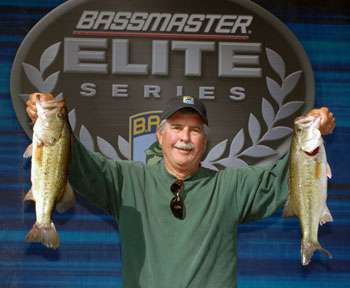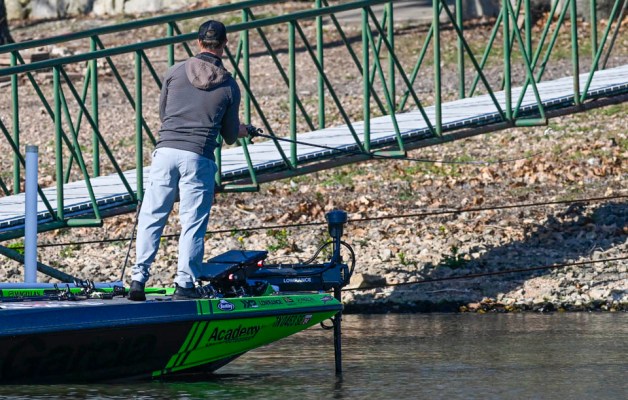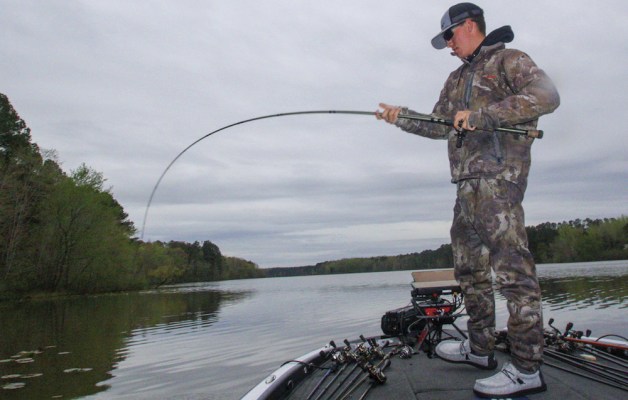
There's an art and a science to co-angling. It isn't as easy as it first appears, at least not if you expect to cash a check now and again. And, much like in the professional ranks, consistent success belongs to only a few.
This three-part series will take a close look at how those few go about their craft. What do they do, or not do, that allows them to win time and time again?
Part I will take a fresh look at tournament preparation. It's not what you think. Part II will cover the mental side of co-angling. "Chill out" is the theory here. And finally, Part III will examine tackle and lure choices. Forget what you've been told about this subject and take a lesson from our experts.
Part I: Preparation
Over the past decade Howard Stephens has won more money than any other BASS co-angler in history. Since 1996 he's competed in 59 tournaments. He's won four boats, and his total winnings now exceed the $140,000 mark. His co-angler theories and strategies are simple, straightforward and different. They're also extremely effective.
"The key to winning as a co-angler is preparation and the key to preparation is being versatile," he says. "Be prepared to fish the water your pro is fishing and to fish it effectively."
Stephens explains that knowledge about the fishing venue — the usual definition of preparation in this context — is of limited importance to a co-angler. It might help a bit when you're practicing, but after the tournament starts you're going to go where your pro goes. If he's fishing deep it doesn't matter that you found them shallow the day before. It's not about you or your opinion. It's about him. You'll fish his spots or not fish at all.
And so, this South Carolina angler spends as much time as possible practicing on Lake Murray, near his home in Columbia. Murray has a wealth of diverse structure and cover. It offers endless learning opportunities. Stephens takes full advantage of them.
He practices for tournaments by honing his mechanical skills and improving his understanding of a wide array of bass catching techniques. Getting better at the drop shot, at flipping and pitching, at crankbaiting, at spinnerbaiting, at Carolina rigging and at topwater plugging is what preparation means to him.
"Fishing as a co-angler you never know what you'll be doing until after practice, and even then it'll depend on who you draw for a pro. You might draw one who's on a deep ledge pattern the first day and then, on day two, draw a guy who's flipping and pitching into shallow shoreline cover. One guy might fish slow and methodical, the other fast and quick. There's no way to tell," he explains.
"Knowing how to do a lot of things well is the best preparation. That way you can adapt to meet any pro's style and pattern along with any condition you encounter."
But technique is not all Stephens is about. Creature comforts are also on his mind before a tournament. "It's important to carry what you'll need for the day as far as clothing, rain gear, food and water are concerned," he says. "Being cold, wet, hungry or thirsty is more than a distraction or a discomfort. It affects your ability to fish and you can't win if you don't fish."
Efficiency is the key here. Don't carry along your outdoor wardrobe and a picnic basket, but just enough to get you through the day.
Stephens' theories are different, there's no doubt about that. Most anglers talk about learning the water, most articles are about developing a pattern. He talks about being ready to fish with your pro. He works hard at being prepared and takes full advantage of what's offered. When opportunity knocks, Stephens answers the door.




